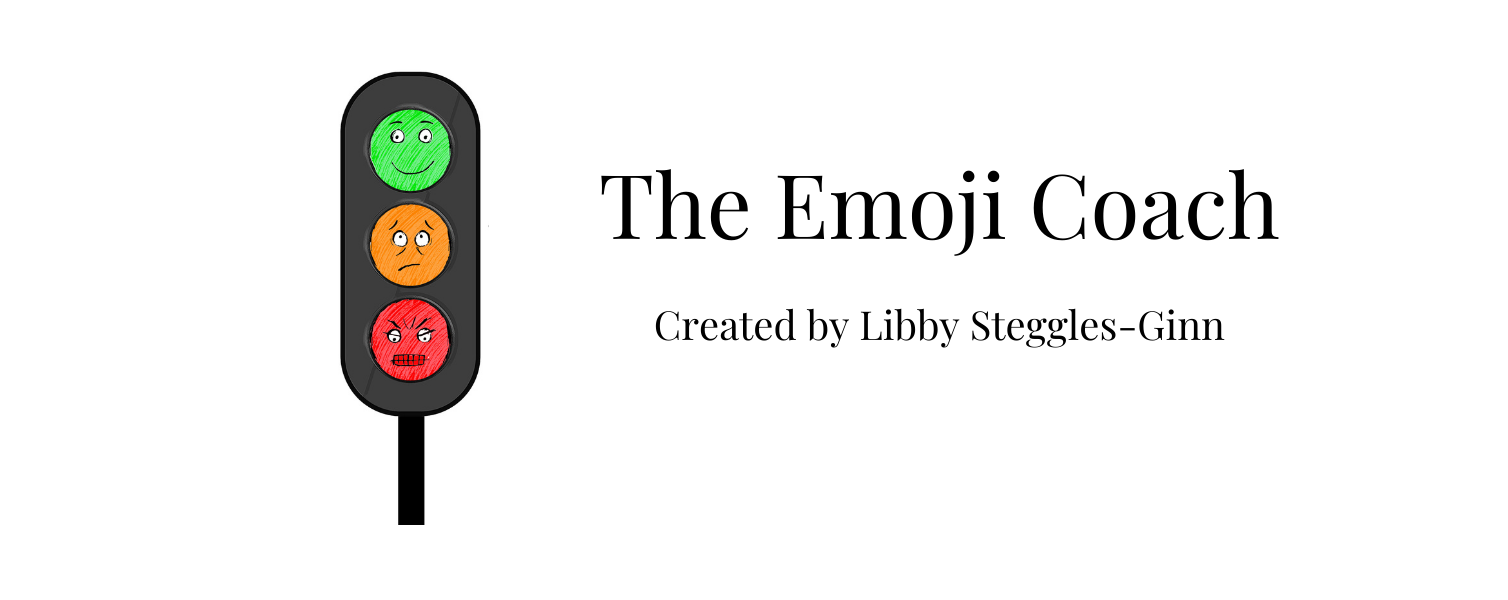Here are some tips for your child to help them revise.
Do you find yourself saying “I can’t revise?”
Do you find yourself sitting there with your books open and convincing yourself that you are revising, but you’re not taking anything in?
Well, if I were to ask you to tell me about your favourite childhood story, I’m sure you would be able to tell me. If I asked you about your favourite film, you would be able to tell me about it. And that is because you can take in information and recall it when you want to. You can revise, you just haven’t found your way of doing it.
Top Tips for parents, children and teenagers for Revision
GCSE. Are you worried that your teenager isn’t revising or is your teenager stressing and struggling with revision?
Here is some help for both you the parent and your teen.
Below are some tips to help them through their exams but first for you, it’s about letting go of your stress or worry. This may be easier said than done as all you want is for them to do well, but this is their journey and not yours. You can help set everything up for them like buying resources, pens, post-it notes etc, but the rest is up to them. So, how can you get them to sit down, revise, take in all of the information and do well? You may not be able to, well maybe not to how you feel they should be and again, it’s about accepting that. You can, however, help them by empowering them.
Ask them what you can do to help.
Help them to look at the big picture, look at their values, ask them how do they want to feel when sat in the exam, or when picking up their results?
It’s about them knowing that they have done their best no matter what their results are.
How it can help
• Believe in yourself
As Henry Ford say’s “Whether you think you can, you can and whether you think you can’t, you can’t.”
Believe that you can do well and that you can revise. You can only do your best, and if you are thinking negative thoughts, then you are going to block yourself.
Positive affirmations are a great way to help you think positively.
Affirmations are said in the present tense as if you already believe it.
“I can revise”, “I believe in myself”, “I feel calm”, “I can do this.”
You can write affirmations on post-it notes and stick them by your bed so that you see them first thing in the morning and last thing at night.
You can set your affirmations as screen savers on your phone or set an alert so that you see them every half an hour.
• Peripheral vision
This gives you the ability to concentrate, take in information and it improves recall of information.
I HIGHLY RECOMMEND this tool!
You see, when you use Peripheral vision it is impossible to hold any negative thoughts, and your mind is open to learning, taking in the information.
It is a simple tool to use, and I will show you how to use it.
Find a spot on the wall, just a little above your eye line. Now fix your gaze on the spot. You will find that it may become a bit blurry, that’s okay just keep your eye on that spot. Now, without moving your eyes or head, begin to become aware of the things around the spot and then around you in the room. Allow your awareness to expand further and further out.
Keep practising this and start to revise, or listen to information and you will see a difference.
• Don't look down!
Okay, you may think this is a little strange when I say that, but when you look down, you are accessing the part of your brain of how you’re feeling. If you’re not feeling confident about revising, then you will take in the information feeling that.
Yes, you can use the affirmations, but an easier way is to make sure your books and information are up in front of you at eye level. You can get book rests that can work well. Sticking your information up on your walls in front of you will help.
• Breathe!
Our breath is a most powerful tool, and it’s free to use. When you feel stressed or worried, you can tend to take more shallow breaths than normal. So, stand up and take a deep breath, go on, as deep as you can go and then slowly let it out.
Breath in for 7 and put for 11 and this will help you to feel calmer and more focused.
You can use the breath while in Peripheral vision in for the count of 8 and out for the count of 4, and that is called the “haa” breath.
You can do this on the morning of your exams or even when you are sitting in the exams. Blow out all of those nerves.
• Find out your learning style.
We all have a learning style; you can be a visual learner, Auditory, or Kinaesthetic learner.
You can get an idea of which one you are by listening to your language.
Visual Learner
Key phrases: “I see what you mean”, “I get the picture.”
Revision: Coloured highlighting pens, Diagrams, flowcharts, keywords, dates, places etc.
Auditory Learners
Key phrases: “I hear you”, “That rings a bell.”, “That sounds ok.”
Revision: Play music in the background. Record key points so you can listen back to it.
Discussions, telling stories, verbal presentations. Speak out loud so you can hear yourself. Talk to your parents or teachers about what you have learned.
Kinaesthetic Learners
Key phrases: “I feel for you”, “That feels right”, “Let me try”, “How does that grab you?”
Revision: Kinaesthetic learners fidget a lot and quite often talks with their hands. So, it is important that you move around. Take lots of breaks but not for too long as you will get distracted.
You will retain info best when doing activities, listen to information while walking to school or on the run.
Keep your fingers busy while revising, you could play with a stress ball, use your fingers to trace important words etc. Keep moving around the house and use bright highlighter pens.
• Goal setting and revision
The key is to be organised, and know what you have to do. Get it set out on paper or for those auditory learners, record yourself of what you have to do.
Set yourself little goals each day. It doesn’t matter if you revise for 20 minutes, it’s whatever suits you best. There is no point sitting there for 1.5 hours with your books open convincing yourself that you are revising if you’re not! Do what works for you.
Below is the priority table.
Aim to be in the Important but not urgent box. If you work from here, it will help you to feel calm and organised. If you are currently in the Urgent/important box, then start to work through it. Ask for help, I know, I know, you’re a teenager, and you don’t like asking for help, but on this occasion, it may be wise to do so.
Be careful not to go into the timewasting box as you won’t get anything done in there.
Learn to say NO!
I know that it is hard at times to say no to people. Especially if your friends are going out and it’s a sunny day. There will be plenty of time to do that after your exams.
Freedom is on the horizon so ask yourself, “How important are these exams for you?”
Another Question to ask yourself
“What do I need to do more or less of so I can revise and take in the information I need?”
Then, use the prioritise matrix.
 Click here to download the Pririty Matrix
Click here to download the Pririty Matrix
• Are you a work towards or a move away from person?
You may find yourself stuck in procrastination and believe me that’s tough especially when the clock is ticking and another day passes you by, and you still haven’t revised enough.
If you are a work towards person, then goal setting comes easily to you, and you can see the big picture clearly and move towards it. You plan when you are going to revise and then start your revision in plenty of time. Sometimes with a work towards person, you can organise too early and then feel demotivated as it seems to be taking ages to get to your goal.
If you are a work away from then, you work best with the pressure of the deadline looming. Have you heard of last minute.com?
You seem to need that deadline, that pain and stress to motivate you to all of a sudden revise. But then you have the stress of cramming it all in last minute. Unfortunately, our brains don’t work that way, yes they can store some information on the surface but our brains need little and often to retain the information.
So, the key is to meet in the middle. You know the way you work and if it’s not working (and be honest with yourself) then COMPROMISE with yourself. Give yourself a little more or less time rather than going from one extreme to the other.
How can you motivate yourself?
How can you feel good, could you listen to music, exercise?
Are you looking forward to doing something after your exams, if so, think of that?
All of these things can get you in a good place before revising.
I’m sure these tips will help you and Good luck. Remember, believe in yourself and do your best.
Contact today or book your free
45 minute consultation Online
Alternatively you can call me on:
07882 333386
Hours:
Monday: 8 am – 8 pm
Tuesday: 8 am - 8 pm
Wednesday: 8 am – 8 pm
Thursday: 8 am - 8 pm
Saturdays: 10 am – 12 noon

